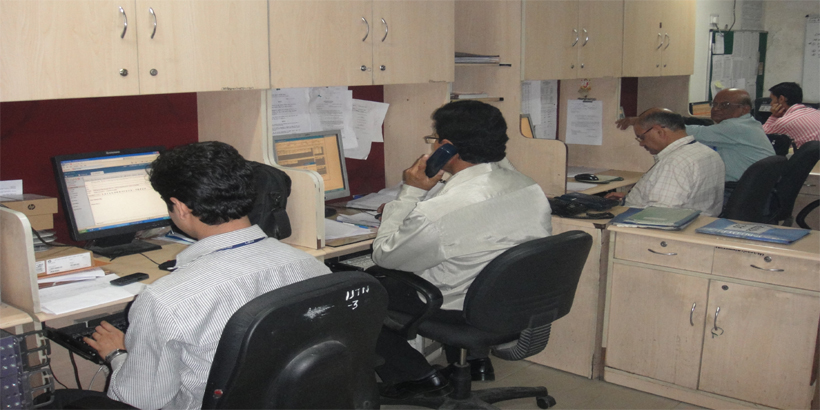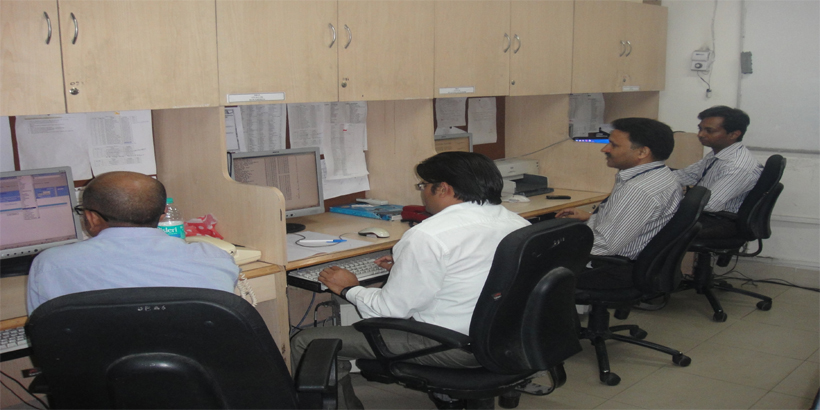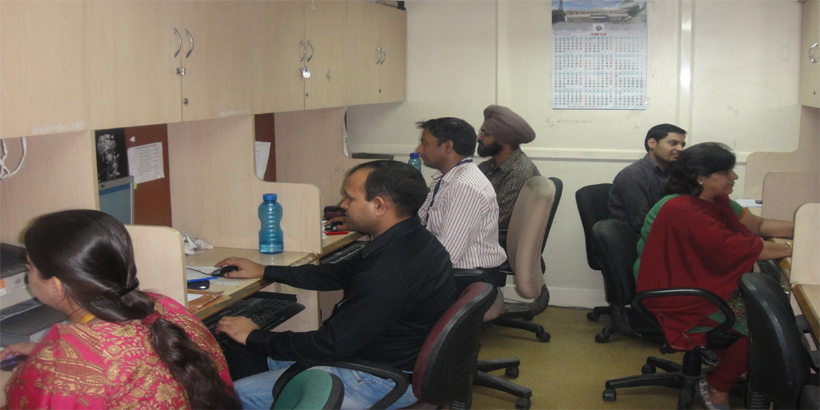Introduction
The Indian Railways carries nearly 1500 million tonnes of freight in a year. This translates to about 6000 freight trains daily. Freight trains bring two thirds of the Indian Railway revenues and are referred to as the bread earners for the Railways. The major commodities carried by Indian Railways are Coal, Iron Ore, Foodgrains, Iron & Steel, Cement, Petroleum products, Fertilizer and Containerized Traffic. There are specialized wagons to handle the transportation needs of the different types of commodities. Unlike passenger carrying trains, freight trains do not run to a fixed schedule and thus making freight operations a highly information intensive activity. Based on this information managers make allocation decisions continually to dynamically optimize utilization of resources like wagons, locomotives, crew and paths on the network. Real time information allows good decision making and thus ensures high levels of mobility within the system. The Freight Operations Information System (FOIS) was the first project which CRIS embarked upon. In fact the creation of CRIS is a by product of this effort in the mid eighties. FOIS began as an application to track and monitor the movement of wagons, locomotives and unit trains. Now it is a complete management module for freight trains handling the billing and revenue collections as well. It has played a major role in the improved wagon productivity on Indian Railways and the objective is to use the information to further improve productivity, customer service and thus meet the needs of a rapidly growing economy.
Features
Apart from monitoring the movement of freight trains, the system calculates freight and other charges based on complex rules of business and generates the Railway Receipt , the bill payable by the shipper. Today electronic collection of freight has reached an astounding figure of more than Rs 500 crores per day. The system has the capability of tracking and tracing consignments and publication of information to the end users. Electronic Registration of Demand is also now a part of FOIS which brings convenience, speed and ease to customers through online registering of indents for Rakes and Wagons. To bring in greater transparency, Indian Railways have begun automatic allotment of rakes to customers for select commodities based on priority rules, operational restrictions, and commercial agreements. Services are provided to major customers by integrating FOIS with their legacy systems. It is capable of keeping record of asset ownership and maintenance, which is now being integrated to an SAP based asset maintenance management system. Most importantly, it also provides KPIs dashboards, real-time tracking of freight assets through GIS and generates a number of performance reports for terminals, train movements, asset use, financial statements and their trends over time that have been used for bringing about systemic improvements.
Team
The FOIS group is part of the operations applications division within CRIS working under the leadership of Shri Mudit Chandra, General Manager/FOIS, an IRTS officer with over 22 years of experience. The technical team is led by senior technical members including Manish Kumar, Satya Panigrahi, Sanjeev Kr Pal, Rajeev Siloiya, and Ashish Sharma. These technical leads have over 25 years of experience in the IT industry and have been associated with this application almost from its inception.





















